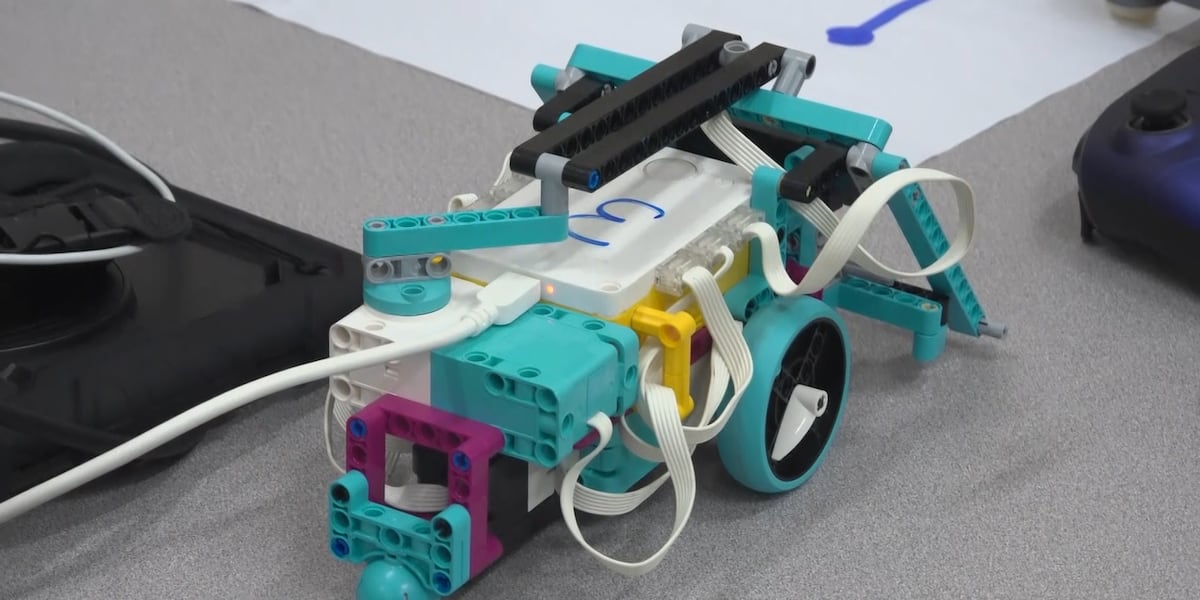GPT-5: OpenAI's Next Leap Could Redefine AI - Faster, More Accurate, and Less Prone to 'Hallucinations'

OpenAI is doubling down on its commitment to artificial intelligence leadership with the impending release of GPT-5, its next-generation language model. The company is promising significant advancements over its already impressive GPT-4, focusing on speed, accuracy, and a crucial reduction in the tendency for AI models to “hallucinate” – generate false or misleading information. This development is poised to have a profound impact across various industries, from content creation and customer service to research and development.
The 'Hallucination' Problem: A Key Focus
One of the most pressing challenges facing large language models (LLMs) like GPT-4 has been their propensity to fabricate information. While incredibly powerful at generating text that mimics human writing, these models can sometimes confidently present inaccurate or completely invented facts. OpenAI acknowledges this issue and has explicitly stated that GPT-5 will feature substantial improvements in this area. The exact techniques being employed remain largely confidential, but experts speculate that improvements in training data quality, reinforcement learning from human feedback (RLHF), and architectural refinements are all contributing factors.
Beyond Accuracy: Speed and Efficiency
While accuracy is paramount, OpenAI isn't neglecting performance. GPT-5 is expected to be significantly faster than its predecessor. This increased speed translates to quicker response times, smoother user experiences, and the ability to process larger volumes of data more efficiently. Faster processing is particularly valuable for applications requiring real-time analysis, such as chatbots and automated customer support systems.
What to Expect from GPT-5: A Glimpse into the Future
Although OpenAI has been tight-lipped about specific details, analysts predict that GPT-5 will offer several key enhancements:
- Enhanced Reasoning Capabilities: Improved ability to understand complex instructions and draw logical conclusions.
- Multimodal Integration: Greater seamlessness in handling and integrating different data types, such as text, images, and audio. This could lead to more sophisticated content creation and interactive experiences.
- Fine-Grained Control: More precise control over the model’s output, allowing developers to tailor its behavior to specific tasks and industries.
- Improved Contextual Understanding: A deeper grasp of context, enabling more relevant and coherent conversations.
The Competitive Landscape
OpenAI’s push for GPT-5 underscores the intense competition in the AI space. Companies like Google (with Gemini), Anthropic (with Claude), and Meta are all vying for dominance in the LLM market. Each company is pursuing different approaches to improve model performance and address the challenges of AI safety and reliability. The release of GPT-5 is expected to set a new benchmark and accelerate the pace of innovation across the industry.
Implications for Businesses and Consumers
The advancements promised by GPT-5 have far-reaching implications. Businesses can leverage the technology to automate tasks, improve customer service, and gain valuable insights from data. Consumers can expect more intelligent and personalized experiences across a wide range of applications. However, it's also crucial to address the ethical considerations surrounding AI, including bias, misinformation, and job displacement. OpenAI's commitment to improving accuracy and reducing 'hallucinations' is a step in the right direction, but ongoing vigilance and responsible development are essential to ensure that AI benefits society as a whole.






